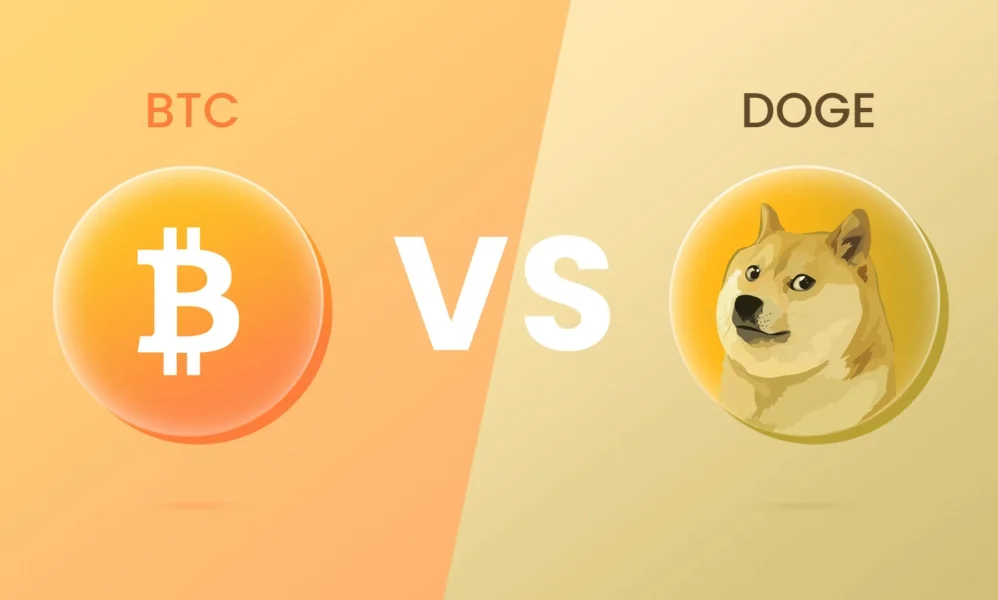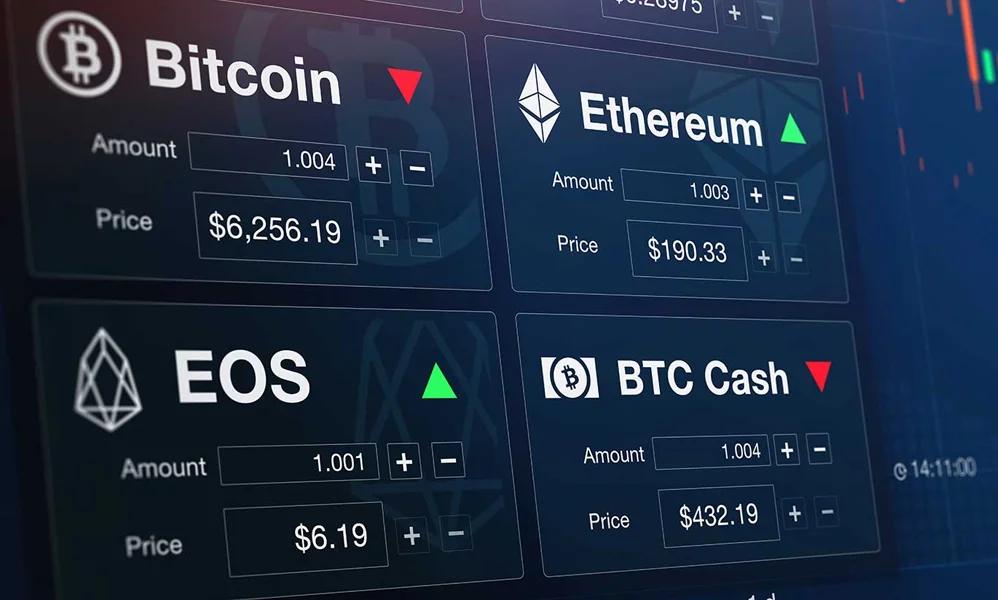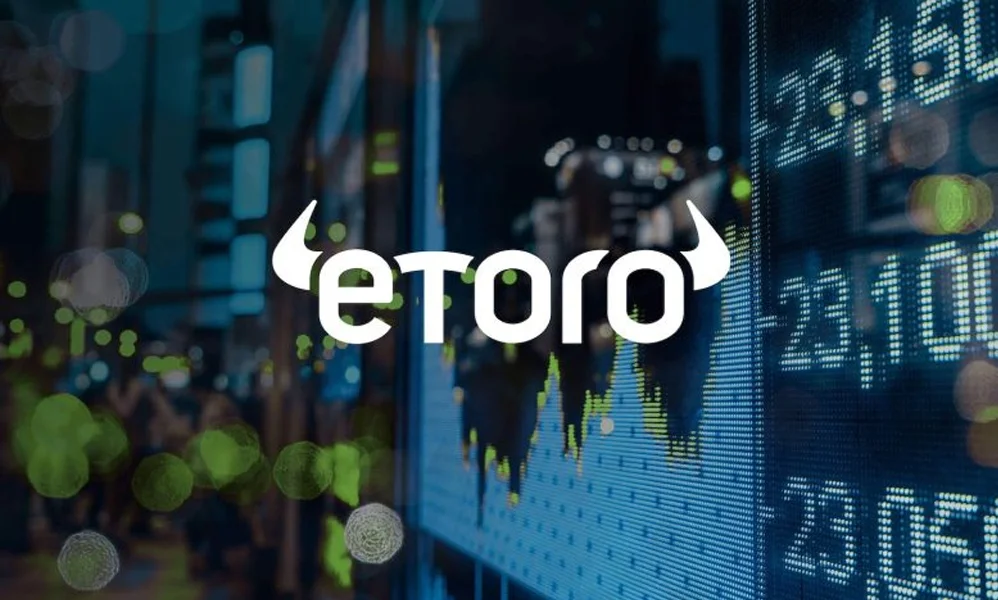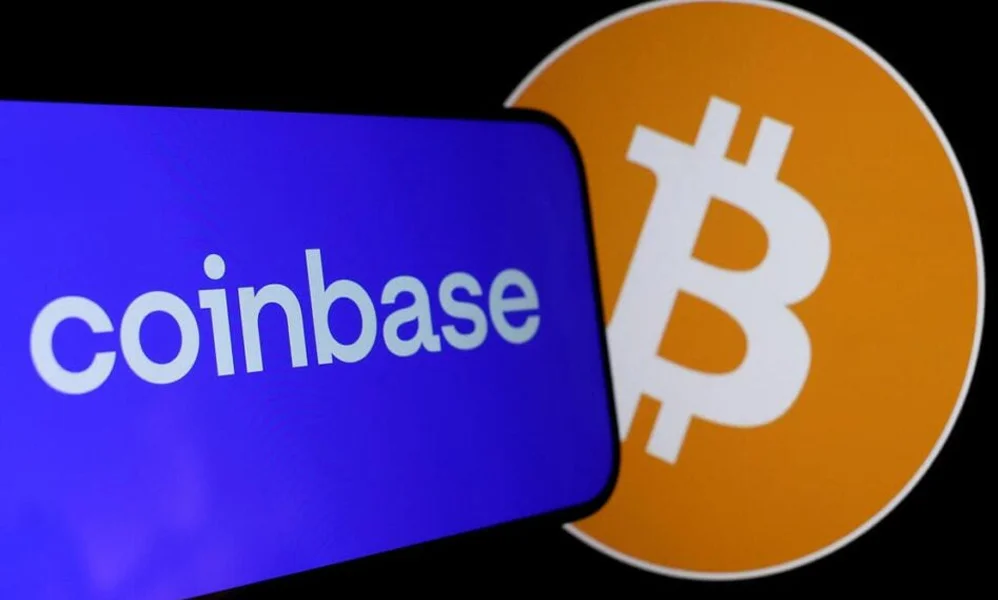The future development trends of Bitcoin may focus on several aspects: as global acceptance of digital assets increases, countries will establish clear regulatory policies to promote its legalization; technological advancements will enhance the efficiency of Bitcoin transactions and user experience; more businesses may adopt Bitcoin as a reserve asset or means of payment; at the same time, the development of decentralized finance (DeFi) and smart contracts may enable Bitcoin to play a significant role in innovative financial products.

Market Demand and Supply
Demand Growth:
Institutional Investment: An increasing number of institutional investors (such as hedge funds and publicly listed companies) view Bitcoin as digital gold and part of their asset allocation. This trend may continue, further driving demand growth.
Retail Investors: As cryptocurrency education becomes more widespread, more retail investors are entering the Bitcoin market. The convenience of social media and platforms (such as Robinhood and Cash App) has lowered the investment threshold, igniting public interest in investing in Bitcoin.
Supply Constraints:
Halving Events: Bitcoin undergoes a halving event every four years, meaning the rate at which new Bitcoins are produced is halved, reducing the supply of Bitcoins in circulation. This scarcity in supply has historically been associated with price increases.
Long-Term Holding: An increasing number of Bitcoin holders choose to "hold long-term" rather than trade frequently, leading to a reduction in the supply of Bitcoin available for trading in the market.
Macroeconomic Environment
Impact of Inflation: Countries typically adopt loose monetary policies (such as interest rate cuts and quantitative easing) in response to economic crises, which may lead to the devaluation of fiat currencies, thereby prompting investors to seek Bitcoin as a store of value.
Safe-Haven Demand: Geopolitical tensions and economic uncertainty may drive investors to view Bitcoin as a safe-haven asset, thereby increasing demand.
Technological Development and Ecosystem Building
Lightning Network: The promotion of this technology makes Bitcoin transactions more efficient and cheaper, facilitating the feasibility of small payments and thereby enhancing Bitcoin's practicality.
Smart Contracts and Other Features: The continuous technological evolution of Bitcoin (such as the Taproot upgrade) may enhance its application scenarios and attract more users.
DeFi and Bitcoin:
Decentralized Finance (DeFi): While most DeFi projects are primarily built on platforms like Ethereum, an increasing number of projects are starting to incorporate Bitcoin into their ecosystems, which could create new use cases and value for Bitcoin.
Regulatory Environment
Changes in Regulatory Policies: Changes in regulatory policies regarding Bitcoin and other cryptocurrencies by various countries will directly affect the market. For example:
Positive Regulation: If more countries adopt friendly regulatory policies, it may boost market confidence and attract more investment.
Strict Regulation: On the other hand, if stringent regulations (such as banning certain transactions or services) are implemented, it may suppress market growth and lead to price volatility.
Social Acceptance and Education
Popularization: As public understanding of Bitcoin and blockchain technology deepens, acceptance levels may rise. An increasing number of merchants are beginning to accept Bitcoin as a payment method, which could promote its use as a daily currency.
Media and Public Image: Positive media coverage and improved public perception of Bitcoin can attract more participants, further driving demand.
Market Sentiment and Speculative Behavior
Investor Sentiment Fluctuations: The Bitcoin market is often driven by sentiment, and short-term price fluctuations may closely correlate with market emotions (such as fear and greed).
Speculative Trading: Speculative trading in Bitcoin remains prevalent, potentially leading to increased price volatility, so market investors should remain vigilant.
Whether Bitcoin's price will continue to soar in the future is a complex question influenced by various factors. Here are some key factors that may affect Bitcoin's price:
Market Demand
Participation of Institutional Investors: An increasing number of institutional investors view Bitcoin as an effective asset allocation tool, akin to "digital gold." If this trend continues, it may drive prices higher.
Participation of Retail Investors: With the popularization of cryptocurrency education, more retail investors are starting to invest in Bitcoin, which could further increase demand.
Supply Constraints
Halving Events: Bitcoin experiences a halving every four years, reducing the rate of new Bitcoin production. This scarcity in supply has historically been associated with price increases.
Long-Term Holding: More Bitcoin holders are choosing to hold long-term, reducing the circulation of Bitcoins in the market, which may also drive prices higher.
Macroeconomic Environment
Inflation: Globally, countries often adopt loose monetary policies during economic crises, which may lead to the devaluation of fiat currencies, causing investors to seek Bitcoin as a store of value.
Safe-Haven Demand: During periods of geopolitical tension and economic uncertainty, investors may view Bitcoin as a safe-haven asset, thus driving demand and prices.
Regulatory Environment
Positive Regulation: If more countries adopt friendly regulatory policies, it may boost market confidence and attract more investment.
Strict Regulation: Conversely, if strict regulations are implemented, it may suppress market growth and lead to price volatility.
Technological Development
Network Scalability and Functionality: Technical improvements to the Bitcoin network, such as the Lightning Network and other upgrades, may increase the usage and attractiveness of Bitcoin, thereby driving prices higher.
Market Sentiment and Speculative Behavior
Investor Sentiment: The price of Bitcoin is often driven by sentiment, and short-term price fluctuations may closely correlate with market emotions.
Speculative Trading: Speculative trading in Bitcoin may lead to increased price volatility, so market investors should remain vigilant.
The future trends of Bitcoin are filled with opportunities and challenges. While there are potential upward drivers (such as increasing demand, technological advancements, and macroeconomic factors), the market's volatility, regulatory risks, and shifts in market sentiment should not be overlooked. Therefore, when considering investing in Bitcoin, it is crucial to maintain ongoing market awareness, conduct in-depth research, and implement risk management strategies.
Related Articles

Differences between Bitcoin and Dogecoin
Bitcoin and Dogecoin are two different cryptocurrencies. Although they share some similarities, there are significant differences at their core. Bitcoin is the first cryptocurrency, designed to be a decentralized digital currency primarily used for value storage and transactions, with a total supply capped at 21 million coins.
October 10, 2024
Where is the best Bitcoin exchange?
Choosing the right Bitcoin exchange depends on several factors, including security, fees, liquidity, user experience, and legal regulations in your location. Below is a detailed analysis of some of the top global Bitcoin exchanges to help you make an informed decision.
October 10, 2024
How to Buy Bitcoin on the Etoro App?
The most basic way to buy Bitcoin on the Etoro app is to first log into your Etoro account, then search for "BTC" or "Bitcoin" on the market page, and select the Bitcoin trading pair. Next, click the "Trade" button, enter the amount or quantity you want to purchase, set the stop loss and take profit levels (optional), and finally confirm and execute the trade. Please note that Etoro offers CFD trading rather than direct cryptocurrency purchases.
September 27, 2024
What is Fractal Bitcoin?
Fractal Bitcoin is emerging as a promising scalability solution that is gaining widespread attention. It constructs a multi-layered network structure through recursive virtualization technology, not only enhancing the scalability of Bitcoin but also ensuring a secure connection with the main network.
September 26, 2024
Coinbase Launches cbBTC: New Competition and Questions Arise in the Wrapped Bitcoin Market
With Wrapped Bitcoin (WBTC) facing a trust crisis, various competitive products have emerged in the market, among which Coinbase Wrapped BTC (cbBTC), launched by the largest cryptocurrency exchange in
September 25, 2024
